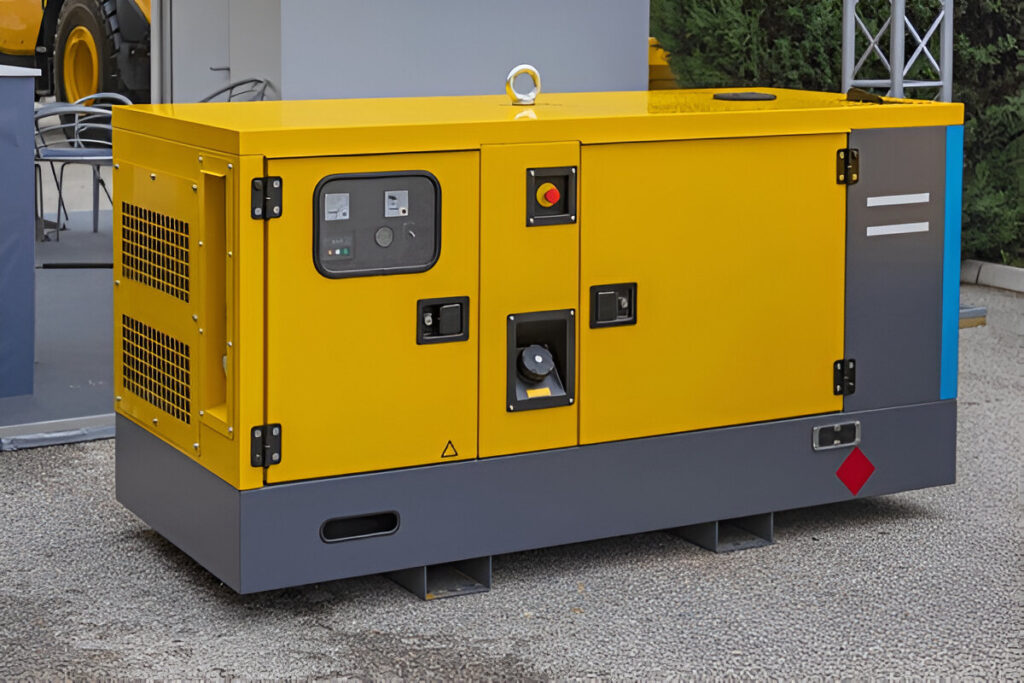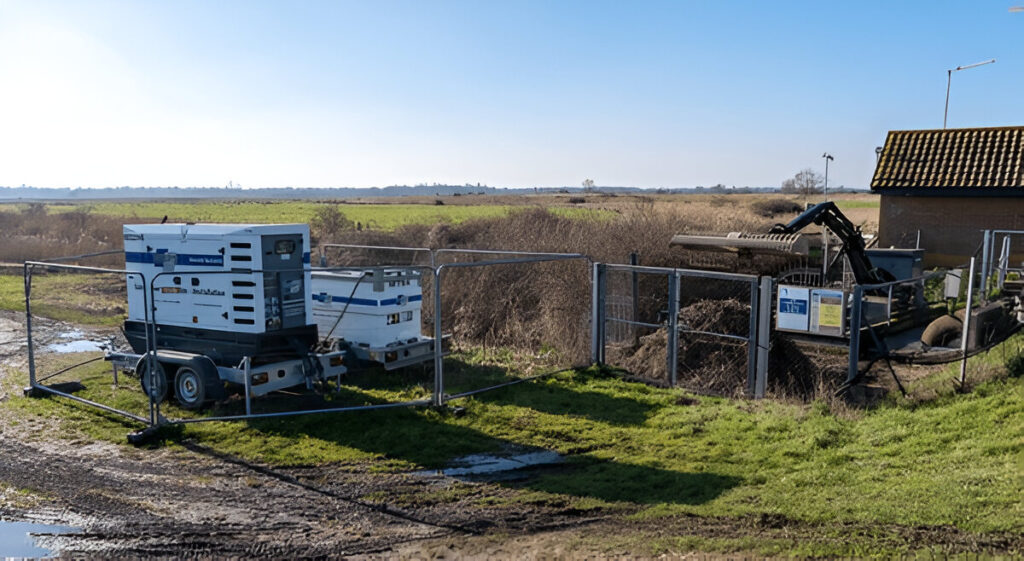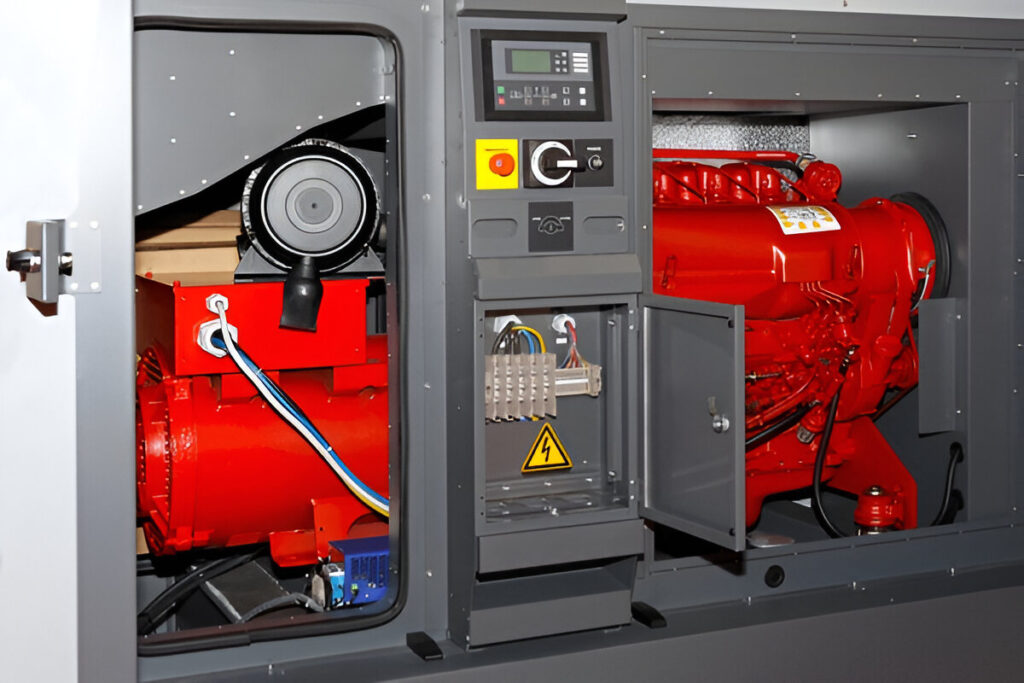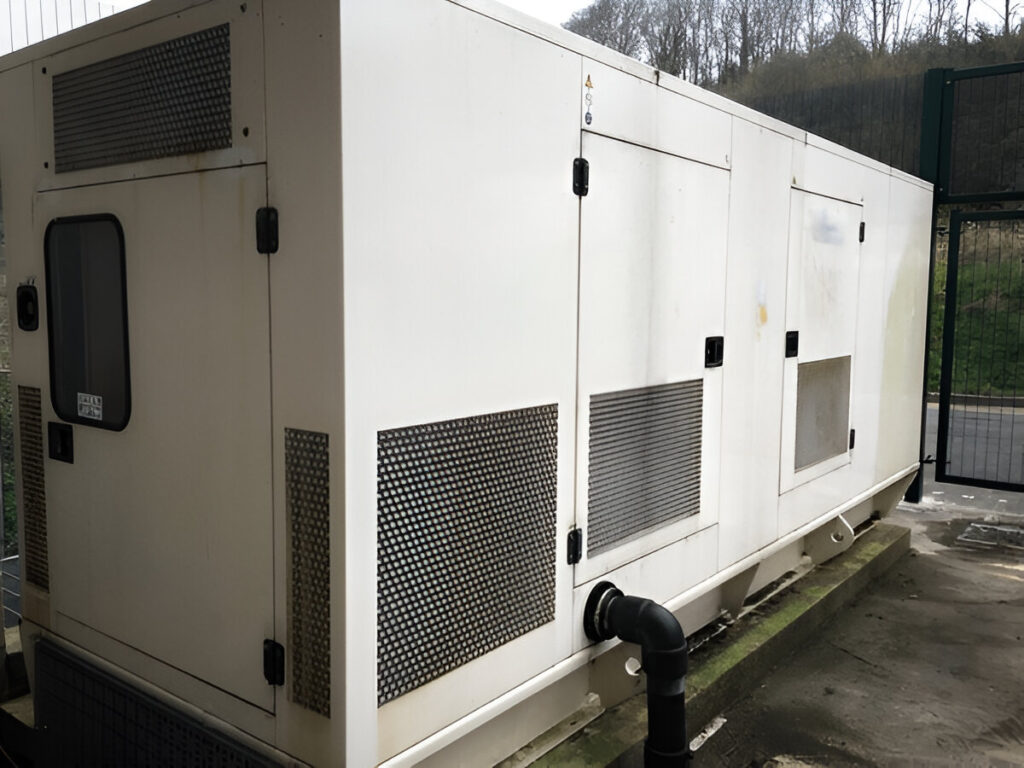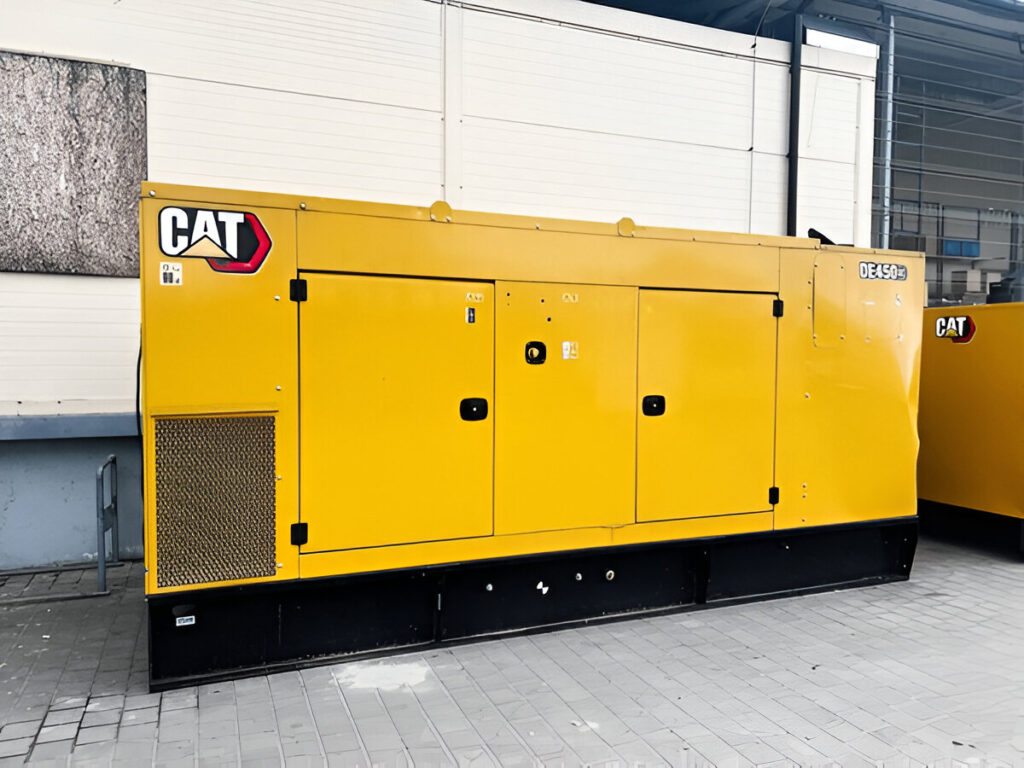In Industrial Generator environments, power continuity is non-negotiable. Whether it’s a manufacturing plant, data center, or remote mining operation, generators play a vital role in preventing costly downtime. However, the efficiency and durability of a generator are highly dependent on its enclosure — the protective housing that shields it from external elements, minimizes noise, and ensures optimal performance.
Designing a Industrial Generator use involves several critical steps to ensure long-term reliability, safety, and compliance with local regulations. Here’s a breakdown of the process and what industries should consider when choosing or customizing an enclosure for their diesel-fueled power solutions.
1. Understanding Generator Requirements
Before beginning the design process, it’s essential to assess the operational needs of the generator. Factors such as size, fuel type, and application environment determine the type of enclosure required. For example, a diesel fueled generator installed outdoors in a harsh Canadian climate will need a different enclosure compared to an indoor backup unit.
If you’re sourcing power solutions for your facility, BC GENERATORS offers a wide range of generators for sale to match varying industrial requirements.
2. Selecting the Right Materials
The enclosure must be constructed with materials that withstand environmental stresses, such as heavy rainfall, snow, UV exposure, and corrosive chemicals. Powder-coated galvanized steel and aluminum are commonly used materials due to their durability and resistance to rust.
In Canada, many facilities opt for rugged models like CAT generators or Cummins generators because they are designed to pair with robust enclosures capable of enduring extreme temperatures and demanding work environments.
3. Ventilation and Cooling Considerations
Proper airflow is crucial to maintain the generator’s temperature and prevent overheating. An Industrial Generator enclosure is designed with strategically placed louvers, intake and exhaust vents, and, in some cases, forced air fans. Engineers calculate heat rejection rates to optimize the ventilation layout.
For those seeking dependable standby power, options such as a standby generator in Canada should include enclosures that support uninterrupted performance even in temperature-sensitive applications.
4. Sound Attenuation Design
Noise control is a key part of enclosure design, particularly in urban or residential-adjacent industrial zones. Sound-attenuated enclosures are built with acoustic insulation and baffles to reduce noise levels to acceptable thresholds, sometimes as low as 65 dBA at 7 meters.
When shopping for a backup generator in Canada, look for enclosures with certified noise reduction features — essential for maintaining compliance with environmental noise regulations.
5. Weatherproofing and Environmental Protection
Industrial enclosures must be weatherproof and sealed against moisture, dust, snow ingress, and even wildlife intrusion. Features like drip edges, gaskets, and filtered air intakes help protect internal components. In cold climates, enclosures may include built-in heaters or insulation to prevent fuel and oil from gelling.
When choosing from BC GENERATORS’ selection, consider a Cummins generator in Canada or a CAT generator that’s pre-equipped with a factory-grade weatherproof enclosure.
6. Accessibility and Safety Features
Maintenance access is vital for efficient servicing. Doors and panels should be strategically placed for quick access to the engine, battery, and control panels. Safety features such as lockable doors, internal lighting, and emergency shut-off mechanisms should also be part of the design.
Even when purchasing a used generator for sale, make sure the enclosure is up to modern safety standards and allows for easy upkeep.
7. Customization and Compliance
Every industry has unique operational codes and safety regulations. Generator enclosures must be customized to comply with local building codes, CSA standards, and other regulatory requirements. This can include adding fire suppression systems, exhaust extensions, or specialized cable entries.
BC GENERATORS provides tailored enclosure solutions for industrial clients across Canada — whether you’re buying a new diesel fueled generator or seeking to upgrade a backup generator in Canada.
Final Thoughts
The process of designing an industrial generator enclosure is complex but critical to maximizing the lifespan, efficiency, and compliance of your power system. Whether you’re planning to purchase a generator for sale or upgrading an existing unit, BC GENERATORS has you covered with expert support, top-tier brands, and enclosures engineered for Canadian industries.
Explore our full inventory today — from CAT generators to used generators for sale — and ensure your power systems are protected and prepared for anything.

